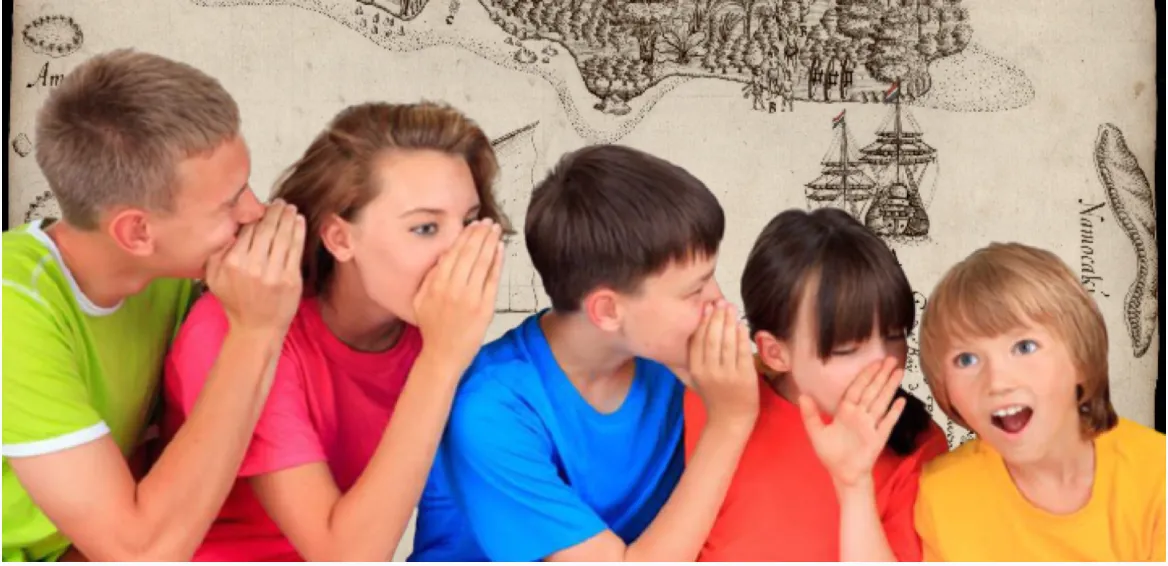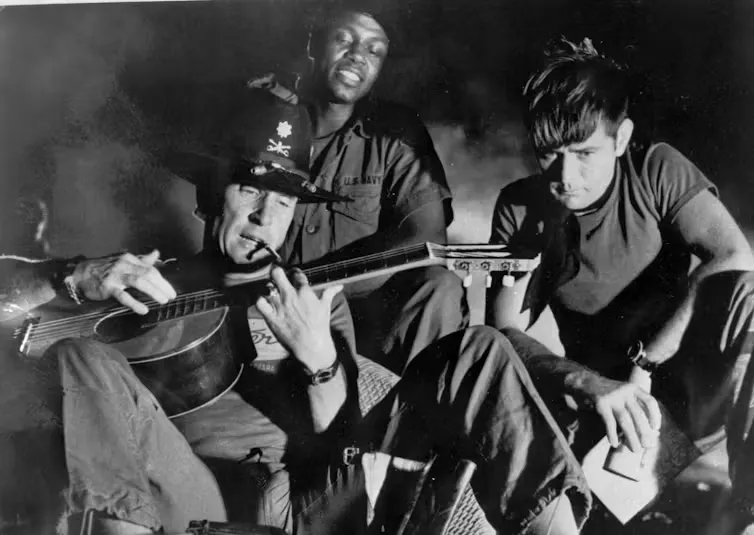Table of Contents
Of all these weekly Wednesday columns I began writing for The BFD many months ago, this is the hardest, because it contains a partial admission of unfairness on my part. Or possibly so: To PM Ardern and her Marxist He Puapua accomplices, and the two members of the Maori Party, to all of whom I have attributed sinister motives for their stealthy plot to inflict the divisiveness of He Puapua on our country, including the change of its name to Aotearoa.
How come?
Over the weekend I chanced to read as fine an English essay as you’re likely to find in print:
In that paragon of what great newspapers should aspire to be, the Manchester Guardian, columnist Fintan O’Toole pays tribute to David Cornwell, better known to us mortals as the superb espionage author John Le Carre, formerly recognised as one of the most Anglicised of Englishmen who, not long before he died, became a citizen of the Republic of Ireland. It is a deeply absorbing essay of a man consumed with a search for his real identity.
In preceding days, I had begun reading a shortish book by our own late prince of historians, Michael King, entitled: Nga Iwi O Te Motu – 1000 Years of Maori History. I am far enough into the 128-page book already to agree with the short blurb on its front cover by the also unfortunately late but highly respected journo mate, Gordon McLaughlin: ‘This book should be required reading for all young New Zealanders and for all talkback hosts and most of their callers….’
(My copy: the revised edition 2001 – reed.co.nz).
Michael King OBE (15 December 1945 – 30 March 2004) was a New Zealand historian, author, and biographer. He wrote or edited over 30 books on New Zealand topics, including the best-selling Penguin History of New Zealand, which was the most popular New Zealand book of 2004.
Wikipedia says of King:
King was always sensitive to the fact that he was a Pakeha a Pakeha writing about the Maori world and always sought to establish close personal relationships with those he wrote about and their whanau, hapu and iwi authorities. He believed that all Pakeha had the same right to be called indigenous as Maori and disagreed with claims that only Maori have a spiritual association with mountains, lakes and rivers. He noted a recent tendency in literature to romanticise Maori life and indicated that certain aspects of Maori society in the pre-European era were harsher and less humane than the results of British colonisation.
I am sure that surviving fellow-historians will agree with me that Michael King fully deserves recognition as one of the most authoritative recorders of our country’s history, with a special talent for Maori lore.
The very first thing I looked up was the index to find reference to Aotearoa – not a mention! But it did crop up in this paragraph beginning on page 11:
The European writers at the turn of the twentieth century who converted Maori myths and legends into a chronological and so-called historical narrative took enormous liberties with the stories they used. They collected a number of migration traditions from different sources, merged them, transferred names from one to another, excised information that did not fit the pattern they had created and came up with an entirely new tradition – a Pakeha account of Maori history. Its basic outline was that New Zealand was first settled by a Melanesian race named Moriori, who were exterminated by later Polynesian colonists. The country was discovered for Maori by a navigator named Kupe on about AD 950. He was followed by Toi and Whatonga in about 1150, and they in turn were followed by a ‘great fleet” migration of canoes in about 1350.
This confirms the suspicion of many of us that Aotearoa is nothing more than one of the “enormous liberties” taken by later 19th-century writers like S Percy Smith and William Pember Reeves, and it explains the absence of Aotearoa as a reo translation of our country in the documents of the Treaty of Waitangi, that used the transliteration Nu Tirani.
It was only after reading O’Toole on John Le Carre in the Guardian, that the thought occurred to me: what if it turns out that Ardern and the two Maori Party MPs are not deliberately trying to mislead us but really believe in what they are saying and thus, simply misguided or insufficiently informed. Given Maori reliance on oral accounts of their history, this could well be the case for the two Maori MPs. In Ardern’s case, either a failure to consult printed history or seeing the world as her Marxist outlook wishes it would be, rather than what it is in reality.
To some extent, I can understand the feeling, having been exposed to it in my early school years in Hamilton, attending Catholic schools, being influenced by Irish priests and constantly reminded of my Irish ancestry (through my paternal grandfather I qualify for Irish citizenship and, like David Cornwell/John Le Carre, intend to become a dual citizen before I leave this mortal coil). For Hamilton Catholic schoolkids, we used to ascribe taunts of “tykes” by State school “proddyhoppers” to envy that on St Patrick’s Day and Holy Days of Obligation, we used to get days off school that they didn’t.
So I’ve never lost my childhood attachment to Ireland or my lingering resentment of its mistreatment at the hands of English persecutors like Oliver Cromwell. At every available opportunity, I am heard to say that there is no greater blessing in this world than to be born in New Zealand – of Irish descent; contradicted only once by my good friend honorary Irish Consul, Niam McMahon that the greater blessing is to be born in Ireland of Irish descent!
All of this raises the question of how much reliance we can place on oral history with its ease of accumulated incremental misrepresentation to suit all kinds of purposes, as against the factuality of cold hard print. This is a question we need to settle urgently and for good, and in no field more urgent or important than the brand name under which we trade with a world in which many potential consumers of our exports and the scenic wonders of our tourism destination still can’t quite place the location of New Zealand, let alone a mythical name they can’t find in any atlas or on any map.
And the young people being seduced by what they are being led to believe is true and nice-sounding need to be reminded of the economic realities that will face them in their adult lives in which their prosperity, along with their toys and devices, have to be paid for with the proceeds of exports from Pure New Zealand, a brand name that rings international cash registers.
And those in the Ministry of Education charged with a re-write of our national history will need to be able to convince us that what they commit to cold hard print and into the minds of impressionable young Kiwis is the truth, the whole truth and nothing but the truth of what really happened in these islands that were to become, and will remain, known as New Zealand.









